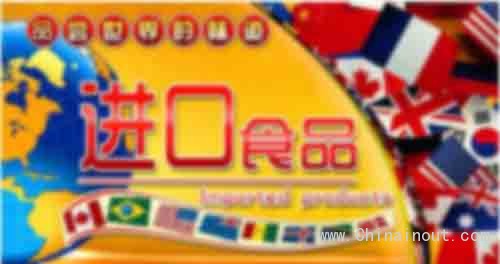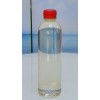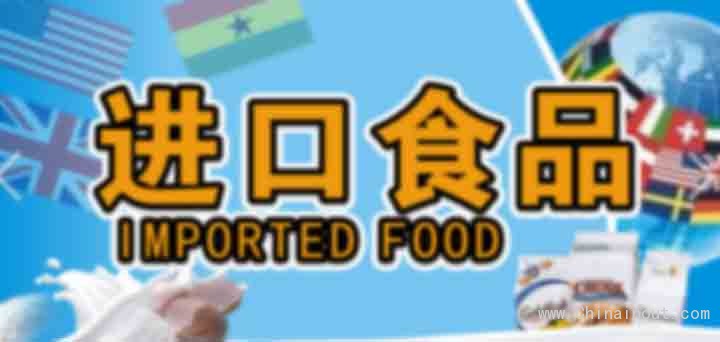
2014年09月22日 中国经济网
2014年食品行业趋势发布会今(19)日在成都举行,记者在发布现场获悉,中国未来进口食品市场将保持高速增长,预计到2018年将达到5258亿元。
“80后、90后成为进口食品的消费主体。”北大纵横管理咨询有限公司高级副总裁刘庆韬介绍说,这一人群对互联网的使用使他们对信息有着充分的掌握,进口食品的“安全”、“时尚”能满足他们对食品的消费心理,逐步成为消费的主力军。
目前,我国食品进口类别主要是食用植物油、粮食及其制品、乳及其制品,占食品总进口规模的一半。在我国质检总局注册登记的进口食品境外生产企业达69959家。
调查显示,绝大部分人选择购买进口食品或将来可能购买,在消费能力上,每个月花费100-300元的比例最高,达到32%,受访者更倾向于来自欧盟、美国、加拿大、澳大利亚和新西兰的食品。主要亲睐乳制品、休闲食品和洋酒等,在购买进口食品时,排在前三位考虑的是质量安全、口感味道和价格,主要从超市、电商和海外自购等渠道购买,受访者主要通过在卖场、朋友推荐和网络广告获得进口食品信息。
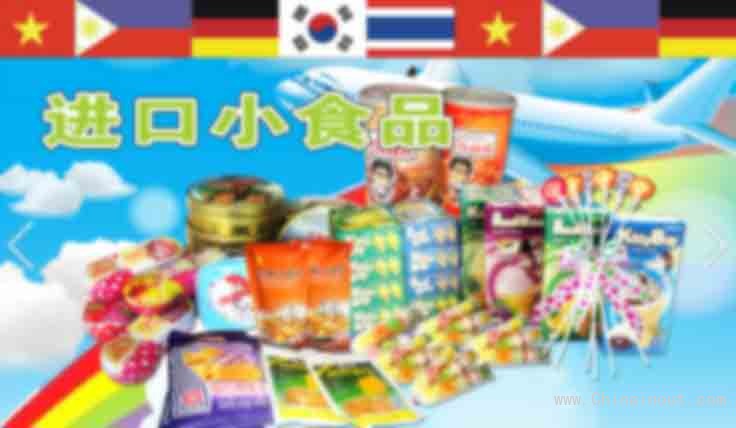
“安全、质量有保证和价格高是中国消费者对进口食品的主要印象”刘庆韬说,在未来,中高端人群主导消费,整个市场也会逐步向二三线城市扩展。
从现状来看,进口食品行业的集中度较小,大中型企业较少,市场处于自然式增长的状态,属于高度分散的自由竞争市场。由于进口国外食品,必须达到一定的数量定额才能完成,组货业务和中间商服务的角色在未来发展中将会大有作为。(中国进出口网转载自中国经济网)
Sept. 22, 2014
The 2014 food industry trend conference was held in Chengdu on Sept. 19. The reporter got the news on the site that China's future imported food market will maintain rapid growth and is expected to reach 525.8 billion yuan in 2018.
“The 80-generations and 90-generations are the main consumers of imported food. ” Liu Qingtao, Senior Vice President in PKU Management Consulting Co., Ltd. said. These young prople have a full grasp of the information with the use of Internet. The quality of imported food can meet their demand for the "security" and "fashion"about the food, so they gradually become the main force of imported foods consumption.
At present, China's food imports are mainly edible vegetable oil, grain and its products, milk and its products, accounting for half of total food imports scale. Almost 69,959 foreign food manufactures registered in General Administration of Quality Supervision, Inspection and Quarantine of the People’s Republic of China.
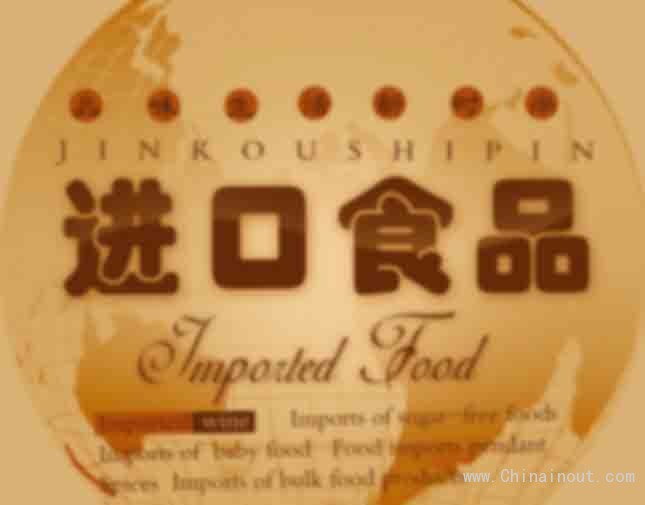
Survey shows that most people choose to buy imported food or in the future may purchase imported foods. According to their spending power, the highest percentage of 100-300 yuan per month was spent on imported foods, reaching 32 percent. Respondents were more inclined to buy foods imported from the European unio, the United States, Canada, food in Australia and New Zealand. The main products they prefer are dairy products, snack foods and wine, etc. When buying imported food, the top three considerations are safety and quality, taste and price. They minly buy imported products from supermarkets, e-commerce providers or from overseas directly. Respondents mainly get imported food information through the store, a friend or online advertising.
“Safety, quality assurance and the high price are the main impressions of the Chinese consumer for imported foods, ” Liu Qingtao noted. In the future, the high-end consumers will lead the consumption trend of imported foods while the whole market will be gradually extended to the second and third tier cities in China.
